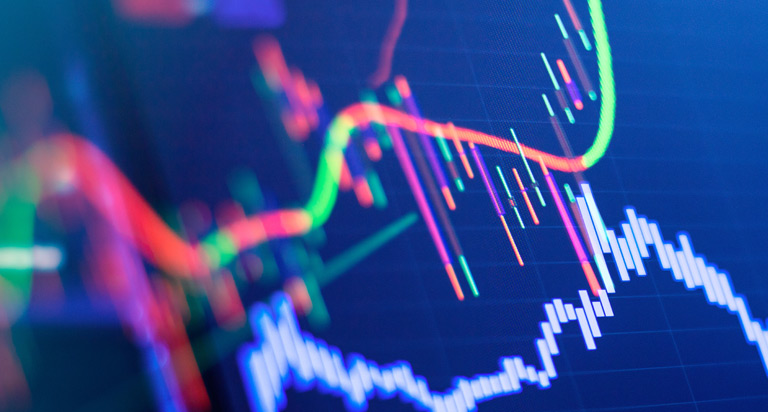What is an Economic Depression?


Highlights:
- An economic depression is a sustained period of significant economic decline that sees a nation's GDP drop, unemployment rates rise and consumer confidence suffer.
- A recession also describes a period of economic decline but is generally much shorter and less severe than an economic depression.
- You can prepare for the negative effects of an economic depression by building up your emergency fund, paying down debt and keeping a careful eye on your credit reports and credit scores.
The Great Depression was one of the worst financial disasters in U.S. history. At its peak, over 12 million Americans found themselves unemployed and nearly one-third of the U.S. banking system collapsed.
Economic depressions like the one that occurred throughout the 1930s are extremely rare. But when inflation rates rise, nervous citizens often question whether another economic depression could be on the horizon.
What is an economic depression?
An economic depression is a sustained period of sudden, significant economic decline.
During a depression, corporate investment may dwindle and manufacturers may cut back on production. Gross domestic product (GDP), a measure of the value of the goods and services produced and sold by a country or countries, also declines. At the same time, unemployment rates spike and consumer confidence suffers. This economic turmoil can persist for years at a time and may be severe enough to affect the global economy.
Recession vs. economic depression
A recession is also a period of prolonged economic decline. However, recessions are an expected part of an economic cycle, rather than an all-out crisis. In fact, the United States has experienced many recessions throughout its history.
Both economic depressions and recessions involve economic turmoil, but recessions are much shorter, typically lasting for months instead of years. A recession's effects are also less intense, with milder drops in GDP and smaller increases in the unemployment rate.
How does an economic depression impact the economy?
A depression can radically reshape a country's economy for years.
Economic depressions generally result in a huge decline in consumer confidence, meaning people are much less willing to spend money than they are during financially stable periods. Home sales and other large purchases plummet. With dramatically lowered spending, the nationwide production of goods and services may drop significantly, causing a sharp decline in GDP. The stock market is likely to suffer and investors may find themselves facing severe losses.
In particular, economic depressions have a major impact on two areas of special concern: unemployment and interest rates.
How an economic depression impacts the unemployment rate
During an economic depression, the unemployment rate tends to rise steeply. This is because with lowered consumer demand, businesses make fewer sales and are unable to maintain their previous workforce numbers.
In a healthy economy, unemployment hovers somewhere between 3% and 5%, but that number spikes during periods of economic trouble. For example, during the Great Recession of 2008, U.S. unemployment peaked at 10%. During the Great Depression beginning in 1929, U.S. unemployment rose to a whopping 25%.
How an economic depression impacts interest rates
Interest rates tend to fall during recessions and depressions, making it cheaper to take out loans or make purchases using a credit card or a line of credit. That's because as the economy takes a turn for the worse, both companies and individuals prioritize saving over spending to cut costs and lower financial risk. In response, interest rates drop as financial institutions seek to encourage spending.
What does life look like during an economic depression?
It's important to remember that a depression doesn't just change the economic landscape of a country. Its effects ripple through political and social life, as well. If you live through a depression, you'll likely face financial hardship. But there are a few steps you can take to prepare yourself and protect your finances.
How to prepare for an economic depression or recession
- Focus on savings. Mitigate your financial risk by starting a dedicated emergency fund. Aim to save six to 12 months' worth of income to act as a buffer in the event of a job loss or other financial hardship.
- Pay down your debt if you can. An economic depression or recession might leave you struggling to pay outstanding debt. So, it's a good idea to pay off as much of your existing debt as possible while you're financially able. If you're making your payments on time, you can also ask your credit card company or any other lender about lowering your interest rate.
- Don't neglect your credit health. If you need to resort to borrowing money during an economic depression or recession, it's important to have good credit scores and a favorable credit history. Strive to always make payments on time, keep an eye on your credit utilization ratio (the amount of revolving credit you're using divided by the total credit available to you) and check your credit scores frequently.



